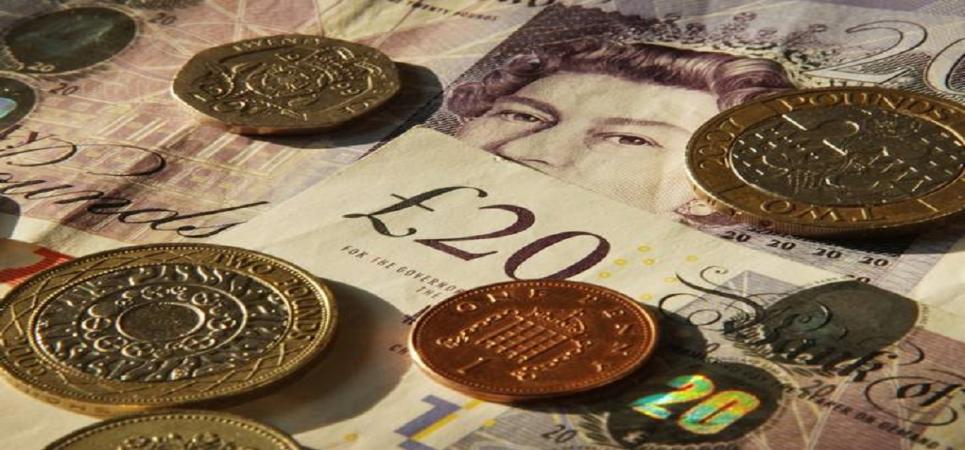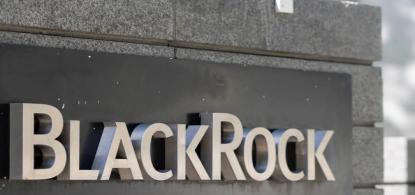
29 October, 2020
Scotland Has Plans to Develop Its Own Digital ScotPound
Scotland could soon be creating its own digital currency to operate alongside its national currency the sterling pound. Economists have been suggesting the Scottish government to consider launching its own digital currency and making it operate alongside the sterling pound. They argue this would allow the country to support small businesses and to increase people’s spending power.
Scotland Has Plans to Develop Its Own Digital ScotPound
Also Read: Unifying Bitcoin and Existing Payment Solutions To Push Virtual Currency Adoption
The ScotPound proposals have been presented in a report published by the New Economics Foundation (NEF).
A researcher in economy and finance at the NEF said:
“Last year’s independence referendum kick-started an important debate on Scotland’s relationship with Sterling. Scotland is in a unique position to take full advantage of current trends in digital financial innovation. A new currency and payment system like ScotPound would operate alongside pounds sterling, supporting small and medium businesses and putting money in the pockets of those currently excluded by the financial sector.”
These plans have been discussed amidst the intense debate over currency in the Scottish independence referendum. It argues that a purely digital currency, similar to Bitcoin, could boost the economy and lead Scotland to become a world economics leader.
To manage the process, a new bank called BancaAlba would be created to issue ScotPounds. The distribution would be made through the country’s electoral registered citizens getting an account and being given a “citizen’s dividend” of S£250.
Furthermore, ScotPound would function like a decentralized currency much like bitcoin, with every Scottish citizen being given a personal fund of 250 ScotPounds to initiate the process. ScotPound_article_midimage_BitcoinHowever, the plans remain unclear about who would be running the network, as ScotPounds would only be accepted in Scotland, the money would always stay within the country.
The NEF believes the new currency could be a way of increasing people’s spending power without increasing the national debt while stimulating the economy at a time of recession. The new currency would allow participating businesses to avoid bank or credit card fees. The system would be “socially inclusive” as money could be transferred using mobile phone and distributed to people who did not have bank accounts.
This report is a timely intervention in current debates about the way the monetary system is governed and organized. Scotland would benefit from creating a more diverse and resilient economy. By implementing a pluralist monetary system that would include other forms of money not based on bank debt creation and that would act as a shield under the worst consequences of the current system.





